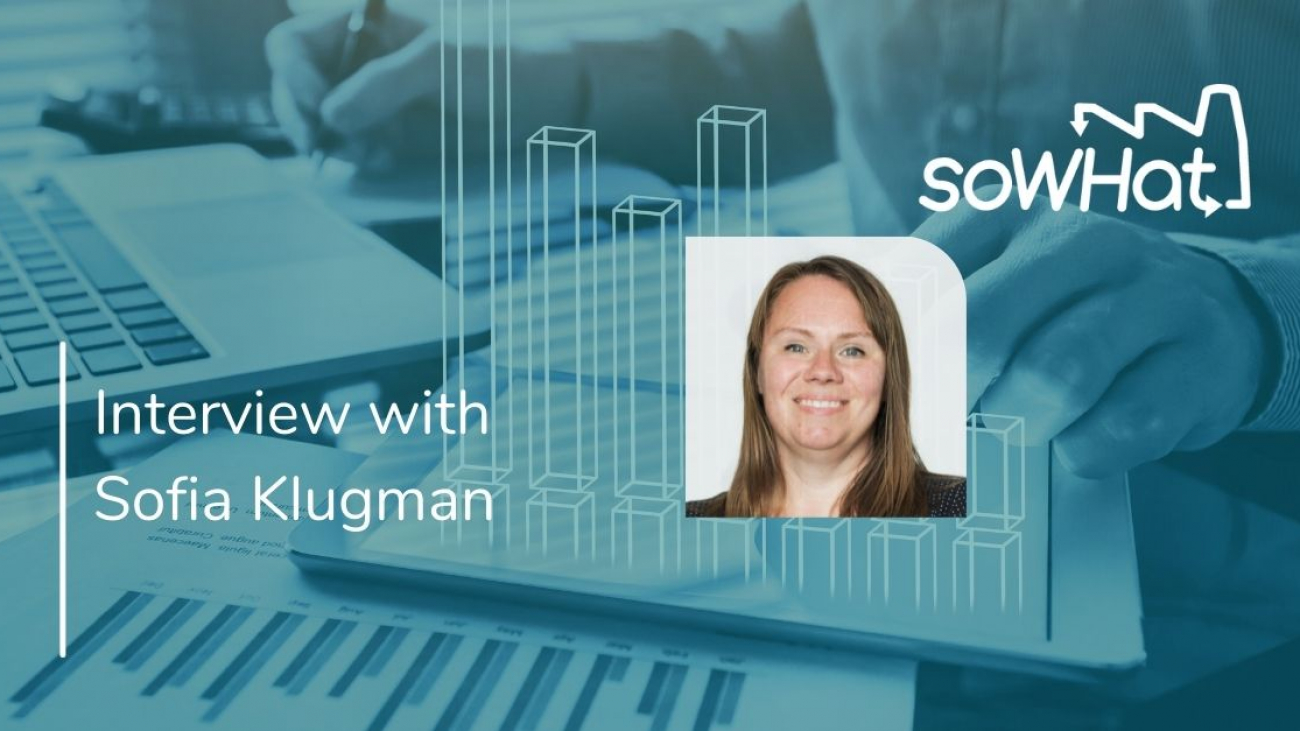“An attractive business model is crucial for the exploitation of the great potential for industrial waste heat in Europe”
Interview with Sofia Klugman, Researcher and Project Manager at the Swedish Environmental Research Institute (IVL)
Why is it important to carry out a business model analysis for the SO WHAT tool?
An attractive business model is crucial for the exploitation of the great potential for industrial waste heat in Europe. All stakeholders involved need to clarify the advantages and risks of waste heat collaboration. Likewise, roles and undertakings of different stakeholders need to be clear, as could be, for example, the equipment’s ownership or system’s maintenance.
Which aspects of your work will you highlight?
From my perspective, the opportunity to reduce risks by waste heat collaboration is a great advantage, mainly since the heat user will rely less on energies with volatile prices and environmental impact. For industries, a new revenue stream for heat sales occurs and costs for cooling towers could be avoided. For example, if environmental permits limit the release of heat to water, external delivery of waste heat may be a way to expand production. However, to be able to reach these advantages, a great deal of engagement is needed to get collaboration in place, not the least in countries with little experience of district heating and cooling. In this sense, a standardised excess heat recovery policy in the EU would significantly facilitate the progress.

